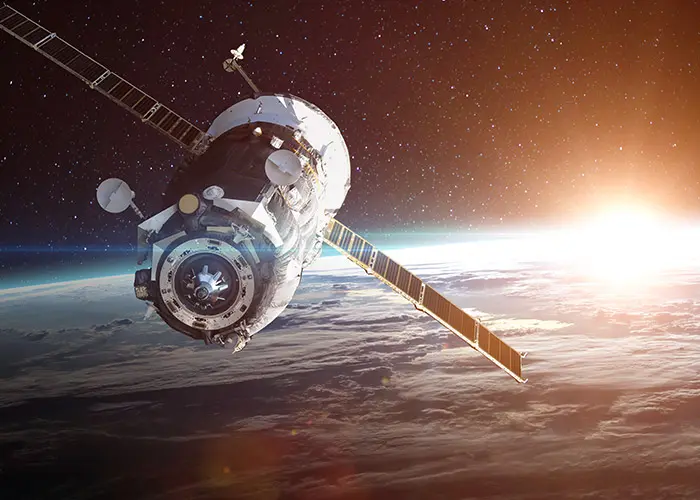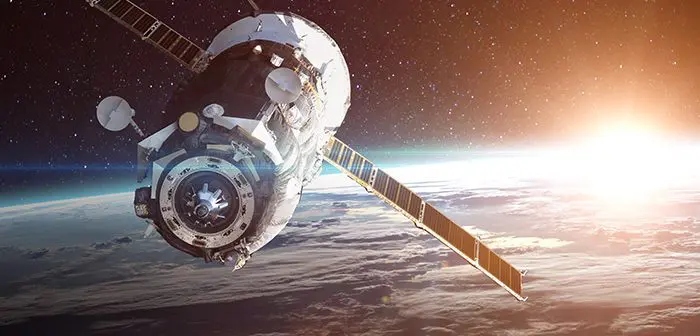
Japan’s Aerospace Exploration Agency (JAXA) has selected Astroscale Japan Inc. as the commercial partner for Phase II of JAXA’s Commercial Removal of Debris Demonstration (CRD2) program, one of the world’s first technology demonstrations of removing large-scale debris from orbit. Astroscale is a private orbital debris removal company headquartered in Tokyo.
The CRD2 program aims to remove an unprepared Japanese upper-stage rocket body, helping address the increasingly critical issue of space debris. Unprepared objects in orbit pose an additional challenge as they have not been prepared with any technologies that enable docking, potential servicing, or removal.
The program is contracted in two phases. JAXA also selected Astroscale Japan for Phase I, where the company was responsible for the design, manufacture, test, launch and operations of Active Debris Removal by Astroscale-Japan (ADRAS-J).
ADRAS-J is the world’s first attempt to safely approach, characterize, and survey the state of an existing piece of large debris through rendezvous and proximity operations. The spacecraft is designed to rendezvous, execute proximity operations, and gather images to assess the rocket body’s movement and the structure’s condition.
The ADRAS-J mission recently achieved a key technical milestone -the successful approach to an unprepared space debris object to a relative distance of several hundred meters.
“Having demonstrated several key capabilities during the ongoing Phase I mission, we are eager to demonstrate our ability to address the next challenge: the removal and deorbiting of large debris,” said Eddie Kato, President and Managing Director of Astroscale Japan.
The ADRAS-J follow-on active debris removal spacecraft, ADRAS-J2, will similarly attempt to safely approach the same rocket body through rendezvous and proximity operations, obtain further images, and then remove and deorbit the rocket body using in-house robotic arm technologies.





